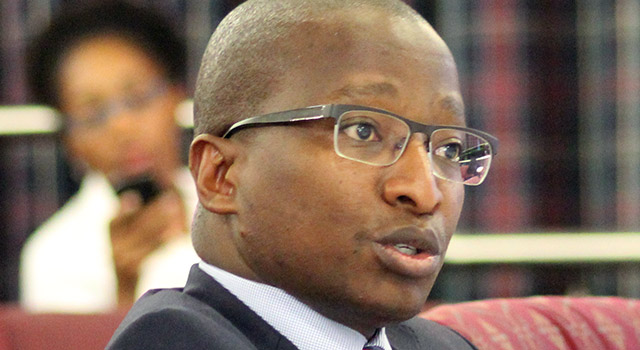
Telkom wants preferential access to spectrum in the digital dividend bands currently occupied by television broadcasters because historically it has not had access to sub-1GHz spectrum, while its mobile rivals have.
The operator should get access to the spectrum before other operators are given a chance, said group executive for regulatory affairs and government relations Siyabonga Mahlangu.
Mahlangu was speaking on the second day of public hearings organised by communications regulator Icasa into the state of competition in South Africa’s information and communications technology industry.
“Telkom is the only operator without sub-1GHz spectrum, meaning that its costs are higher and it is harder for Telkom Mobile to compete with other mobile operators and establish itself in the market,” said Mahlangu.
MTN and Vodacom were given access to the 900MHz band when they launched commercial services in 1994. Although Cell C was not given access to the band when it launched services at the turn of the century, it was later given access to the crucial band.
Mahlangu said that in order to level the playing field, Icasa should ensure that Telkom’s mobile arm has access to digital dividend spectrum in 700MHz and 800MHz and this should happen prior to other allocations.
He said that in a small market like South Africa, spectrum should be allocated to ensure efficiency and not be too widely dispersed because of the intensive capital investment required to make proper use of it.
“If spectrum is allocated to new operators, specifically in urban areas, then Icasa should ensure the spectrum is also made available to existing operators to utilise in the rural and underserved areas.”
He said the playing field is not level and is skewed adversely against Telkom with respect to sub-1GHz frequencies.
But Icasa councillor William Stucke rebutted the argument, saying the operator has “considerably more high-demand spectrum than anyone one else in this market”.
Mahlangu shot back: “We think a distinction should be made on high-coverage and high-capacity spectrum … which determines the competitiveness of any operator to cover wider and highly dispersed areas such as rural areas. At this point, the only one at a disadvantage is Telkom.”
Mahlangu said Telkom has to carry legacy infrastructure in outlying areas. “We suffer double jeopardy, hence our submission: if you are to promote competition, put us at the same level as everyone else who has 900MHz as we do not have anything below 1GHz.”
Mahlangu declined to discuss what impact Telkom’s impending deal with MTN South Africa could have. The two operators have been in talks about sharing infrastructure since at least early 2014. Those talks centre on a plan for MTN to manage Telkom’s radio access network. It’s also expected that each company will be able to roam on the other’s network. — © 2014 NewsCentral Media




